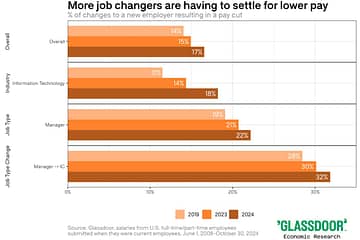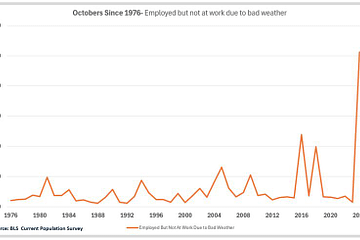Social impact outcomes refer to the long-term effects and changes resulting from interventions, programs, or initiatives aimed at addressing social issues. These outcomes are the tangible and intangible benefits that communities experience as a result of these efforts. They serve as a vital measure of the effectiveness and success of social impact initiatives. By focusing on outcomes, organizations and individuals can assess the real impact they are making and make data-driven decisions to improve their interventions.
Below are some examples of social impact outcomes by industry:

Clean tech & renewable energy: improvement in air quality; waste or CO2 reduction; reduction in energy or natural resource utilization; share of population with access to clean energy; mitigation of energy supply disruption risk.
Health care: disease prevention and survival rate; reduction in medical error; rate of symptom control; rate of equitable access to care; mitigation of social determinants of poor health; self-reported physical, mental, social, emotional well-being.
Education: rate of student retention; acquisition of in-demand skills; reduction of inequities in access; change in rate of social mobility; adoption of alternative indicators to standardized testing.
Workforce development: rate of job placement and retention; lifetime earnings and career progression; utilization of diversified academic pathways; reduction in job vacancy rate and duration; penetration of diversity programs.
Financial services: reduced poverty and inequality; improvement in financial literacy; rate of financing for climate mitigation; financial inclusion to underserved communities; access to credit, savings, investment opportunities; rate of financing provided to small businesses.
Manufacturing: reduction in pollution & packaging waste; adoption of efficiency measures; reduction in worker safety incidents; share of energy use from renewables.
Community development: access to affordable services; reduction in poverty rates; increase in literacy rate; disaster preparedness & relief.
Media: diversity of coverage and perspectives; public awareness of key social issues; increase in privacy protections; regulation of disinformation; improvement in verification and fact checking.
Construction: improvement in energy efficiency; waste and pollution reduction; reduction in worker safety incidents; utilization of sustainable building practices; attraction of new businesses; improved livability of residential neighborhoods.
Logistics & supply chain: improvement in energy efficiency; mitigation of traffic congestion; efficiency of material handling; reduction in stoppages at borders; adoption of ethical sourcing practices.



0 Comments